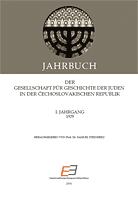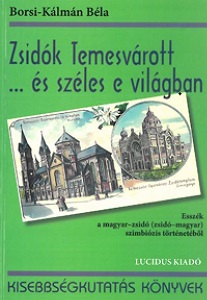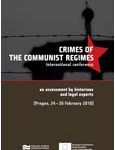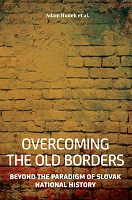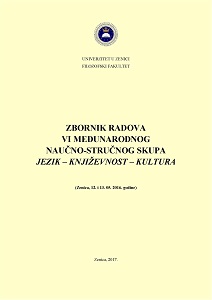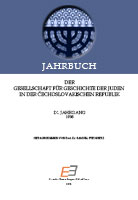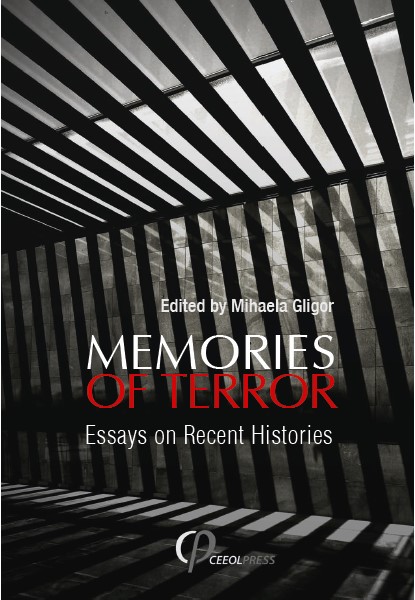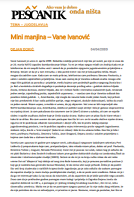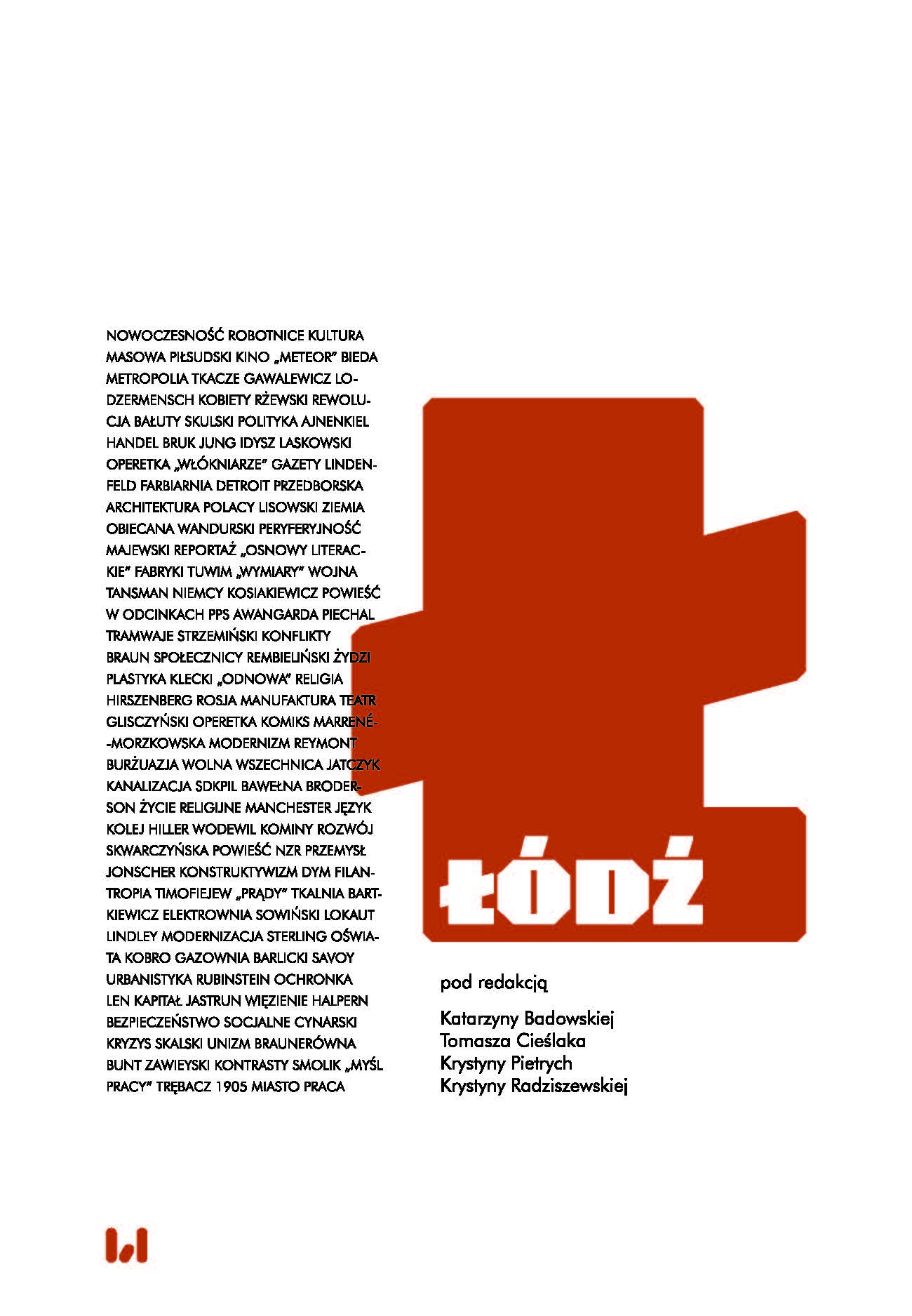Author(s): Dejan Đokić / Language(s): Serbian
Vane Ivanović je umro 4. aprila 1999. Nekoliko nedelja pred smrt nije bio pri svesti, pa nije ni znao da je 24. marta NATO započeo bombardovanje Srbije. To mi je rekao njegov mlađi sin Andrija kada mi je telefonirao da mi saopšti tužnu vest i zamoli da je prosledim njegovim jugoslovenskim prijateljima u Britaniji. Sećam se da je u tom trenutku J. bila pored mene i da me je bezuspešno tešila. Nisam mogao da zadržim suze. Kada sam se malo pribrao, telefonirao sam profesoru Stevanu Pavloviću, a zatim i ostalim zajedničkim prijateljima. Imao sam osećaj da je Vanetov odlazak značio mnogo više nego lični gubitak za porodicu i prijatelje, među kojima sam poslednjih godina njegovog života bio i ja. Baš u kontekstu strašnih događaja iz poslednje decenije prošlog veka – gubitak stotina hiljada života, miliona domova, stotine hiljada, ako ne i milioni fizički i mentalno osakaćenih ljudi, nestanak jedne zemlje, zajedničkog jezika, zajedničkih uspomena… – osećao sam da je Vanetov odlazak bio posebno težak gubitak. J., Amerikanka, nije mogla da razume kako može jedan čovek, koji pritom nije bio predsednik ili bar vođa političke partije, nego emigrant, doduše dobrostojeći, toliko da znači za jedan narod. Nisam uspeo, a možda ni umeo, da joj objasnim. Već smo se bili raspravljali oko NATO bombardovanja: ona, Amerikanka, stidela se politike svoje zemlje i bila je gotovo stoprocentno na srpskoj strani. Ja sam pokušavao da razumem sve tri (dve?) strane u sukobu, ali sam se najviše stideo i najviše osuđivao zločine koje je činila srpska strana. Stalno sam se pitao šta bi Vane rekao i kako bi se držao. Bio sam uveren da sam postupao kao što bi i on: on bi osudio zločine srpske strane, sigurno ne bi podržavao albanski nacionalizam i akcije UČK, bio bi protiv daljeg cepanja jugoslovenskog prostora, i ne bi podržao zapadnu vojnu intervenciju protiv njegovih Jugoslovena. Jednom rečju, bio bi u ‘mini manjini’ (kako bi on rekao) i bilo bi mu užasno teško. Kao što je bilo i meni, profesoru Pavloviću, Desimiru Tošiću, Jasni Dragović, Dejanu Joviću i ostalim prijateljima s kojima sam tada bio u stalnom kontaktu.
More...
